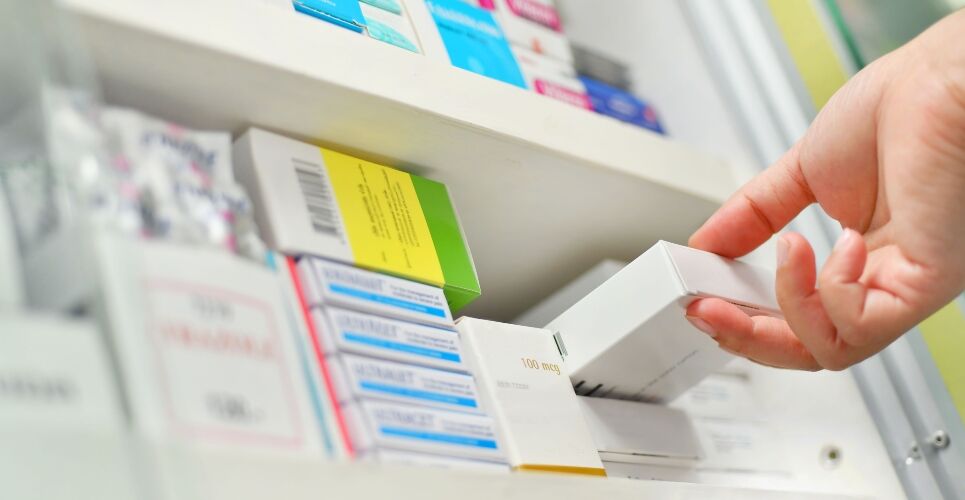NICE appraised 70% more medicines in 2022/23 than in 2019/20, which has led to faster access to medicines, its chief executive has said.
This follows a new ‘proportionate approach’ to technology appraisals introduced last year to increase capacity.
By simplifying, removing, or reconfiguring parts of the appraisals process, NICE said it can do light-touch, faster evaluations to simpler, low-risk treatments to speed up its guidance.
Speaking at a meeting in Australia, NICE chief executive Dr Sam Roberts said in 2022/23 they evaluated medicines on average 17% faster, ‘meaning thousands of patients gained access to new treatments sooner’.
NICE also recommended 20 new digital technologies, she added, explaining that the changes had been necessary to meet the challenges of a rapidly evolving health technology sector and patient expectations.
‘The health and care system is changing fast. NICE is changing too, to make sure our processes keep pace, and our recommendations remain trusted for their rigour and impartiality,’ Dr Roberts continued. ‘We are often under pressure from patient groups, pharma, from within the health and political systems, as I am sure all HTAs experience, not just to make the right decision but to reach a decision faster.
‘But the core DNA of NICE is independence, transparency and rigour. That will never change. We listen but our recommendations always come from the evidence.’
Flexible solutions for faster access
The increased number and faster decisions seen last year were due to the proportionate approach they adopted, she added.
A series of pilots were done before the changes were implemented with the recognition that not all medicines need the same type of appraisal with some workload being able to be cut by 25-45%.
Medicines that have been through the new faster process include nintedanib for idiopathic pulmonary fibrosis and eptinezumab for treating migraine both of which were eight weeks faster than normal.
‘Those achievements were possible because we worked closely with partners and stakeholders to offer flexible solutions to issues of data and value,’ Dr Roberts said.
‘The pace of innovation is breathtaking. New technologies need new approaches in data collection and evaluation if we want to be able to get the best care to patients fast.’
This story was originally published by our sister publication Pulse.

